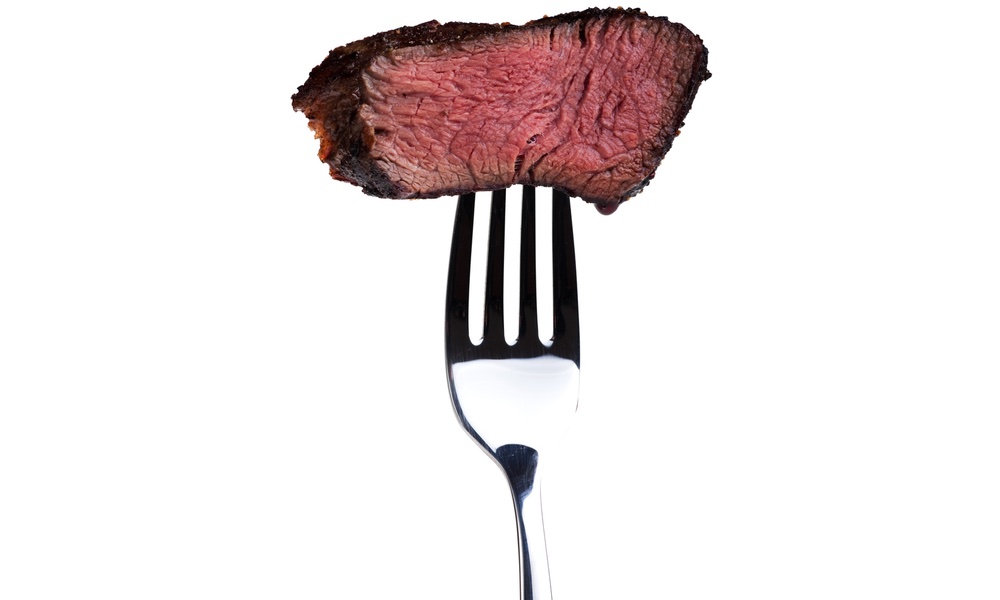Cognitive function, the ability to remember things, think and solve problems, typically declines with age. This decline is gradual and can progress to mild cognitive impairment and dementia.
A few studies have looked at how a diet high in red meat affects cognitive function, and their results have been inconsistent; but a recent large-scale analysis, by a team of researchers at Harvard University, has found that people who eat more red meat, particularly processed red meat, have a greater risk of cognitive impairment and dementia compared to those who eat less.
A diet high in processed red meat increases the risk of type 2 diabetes and cardiovascular diseases. Both are related to poor cognitive function.Substituting fish for one serving of processed red meat a day reduced dementia risk by 28 percent and substituting chicken reduced the risk by 16 percent.
The researchers analyzed data from almost 134,000 participants in the Nurses Health Study (1980 - 2023) and the Healthcare Professionals Follow-Up Study (1986 - 2023). None of the participants had dementia at enrollment. The average age of participants in both studies was about 49 years old. They were followed for 43 years and filled out food questionnaires every two to four years so the researchers would know what they ate and how often.
More than 11,000 participants developed dementia. When variables like age, gender and other risk factors for cognitive decline were accounted for, those in the group eating the most processed meat had a 13 percent higher risk of developing dementia than those eating the least.
The researchers also measured objective cognitive function in a subgroup of almost 17,500 female participants in the Nurses' Health Study for comparison. Their average age was about 74 years old. This group took memory tests and tests of cognitive function four times during the study.
Eating more processed and unprocessed red meat was associated with faster brain aging as reflected by scores on tests of global cognition.
Subjective cognitive decline, which is not yet detectable by tests, was measured in a subgroup of almost 44,000 participants in the Nurses' Health Study and the Healthcare Professionals Follow-Up Study. Their average age was 78. This group took surveys rating their memory and cognitive skills twice during the study.
People who ate one or more servings of unprocessed red meat had a 16 percent higher risk of subjective cognitive decline than those who ate half a serving or less a day.
“Reducing how much red meat people eat and replacing it with other protein sources including plant-based options such as nuts and legumes could be included in guidelines to promote cognitive health,” Dong Wang, corresponding author on the study, said in a statement.Eating more processed and unprocessed red meat was associated with faster brain aging.
Replacing one serving of red meat a day with a healthier alternative reduced the risk of developing dementia by 19 percent and was associated with 1.37 fewer years of cognitive aging.
Substituting fish for one serving of processed red meat a day reduced dementia risk by 28 percent and substituting chicken reduced the risk by 16 percent.
The study is published in Neurology, the medical journal of the American Academy of Neurology.





